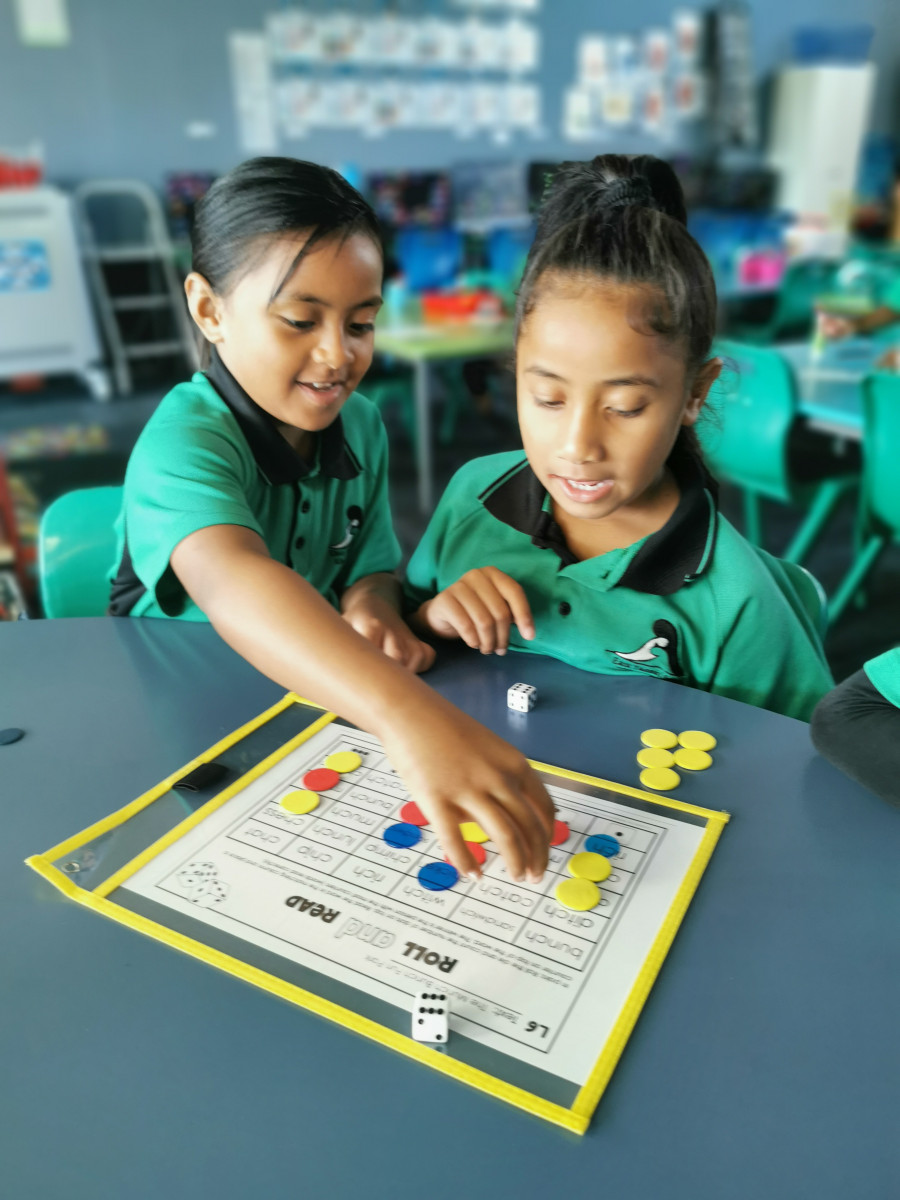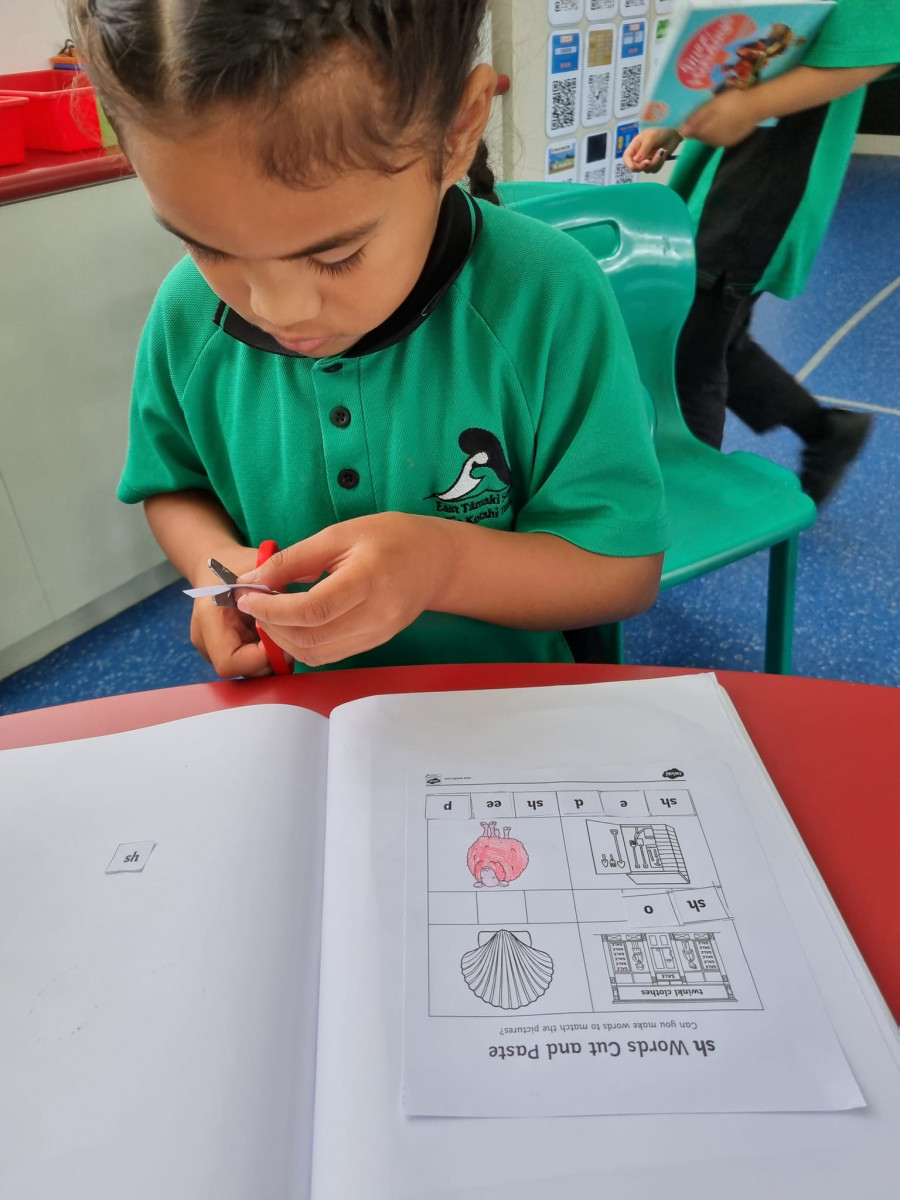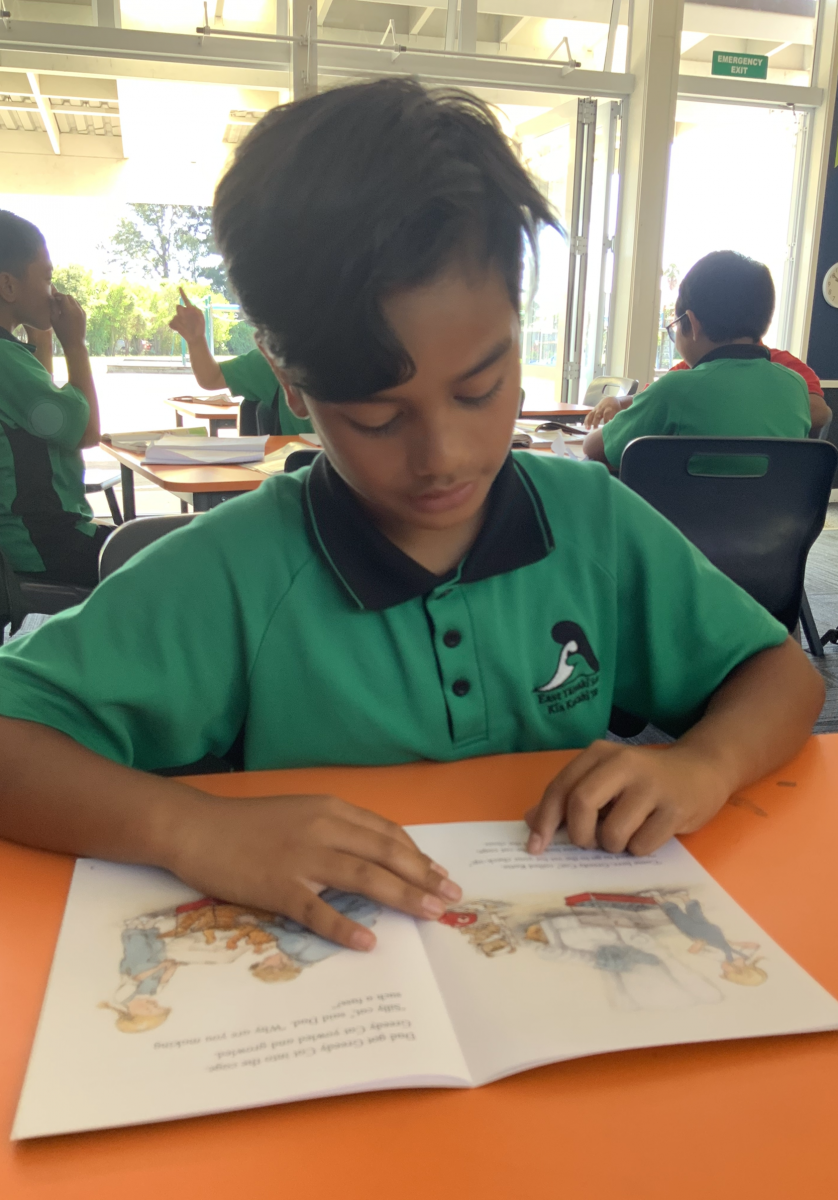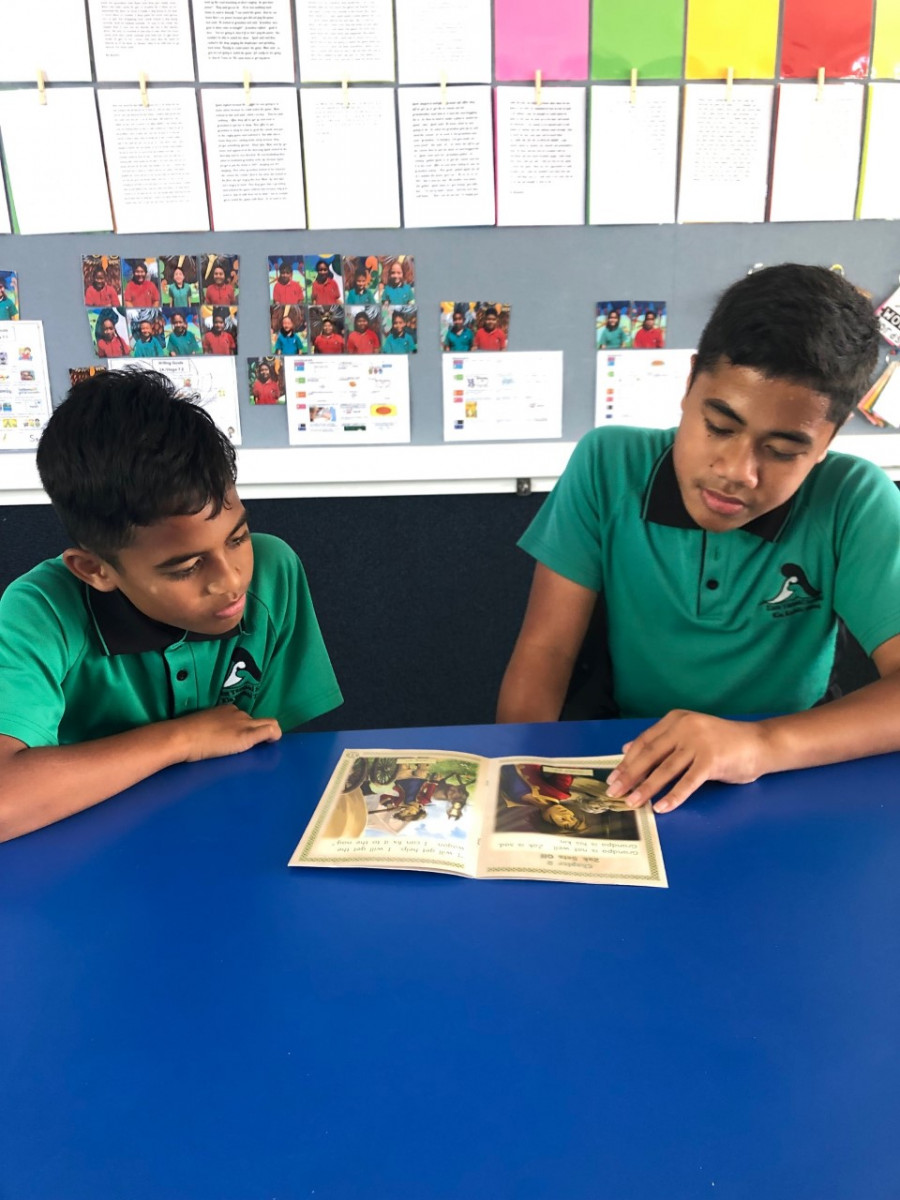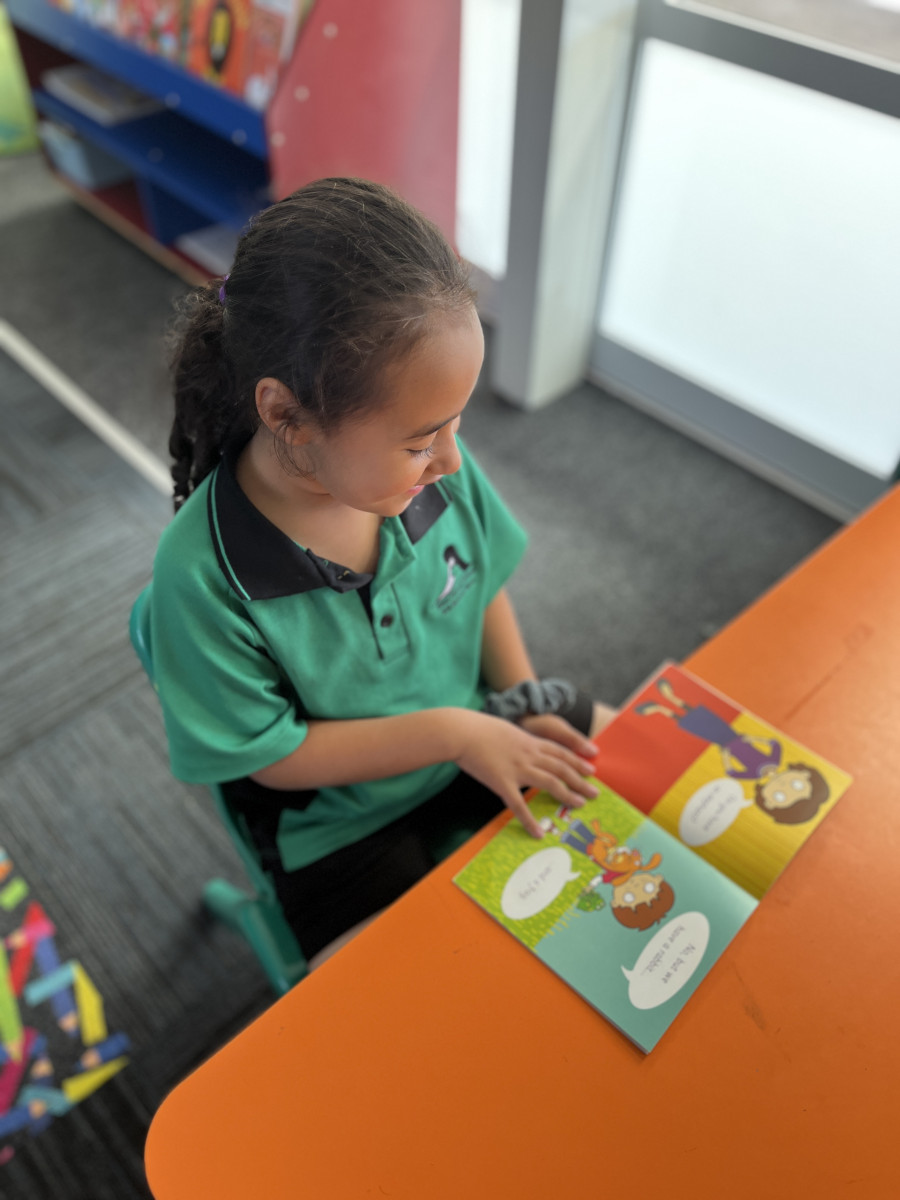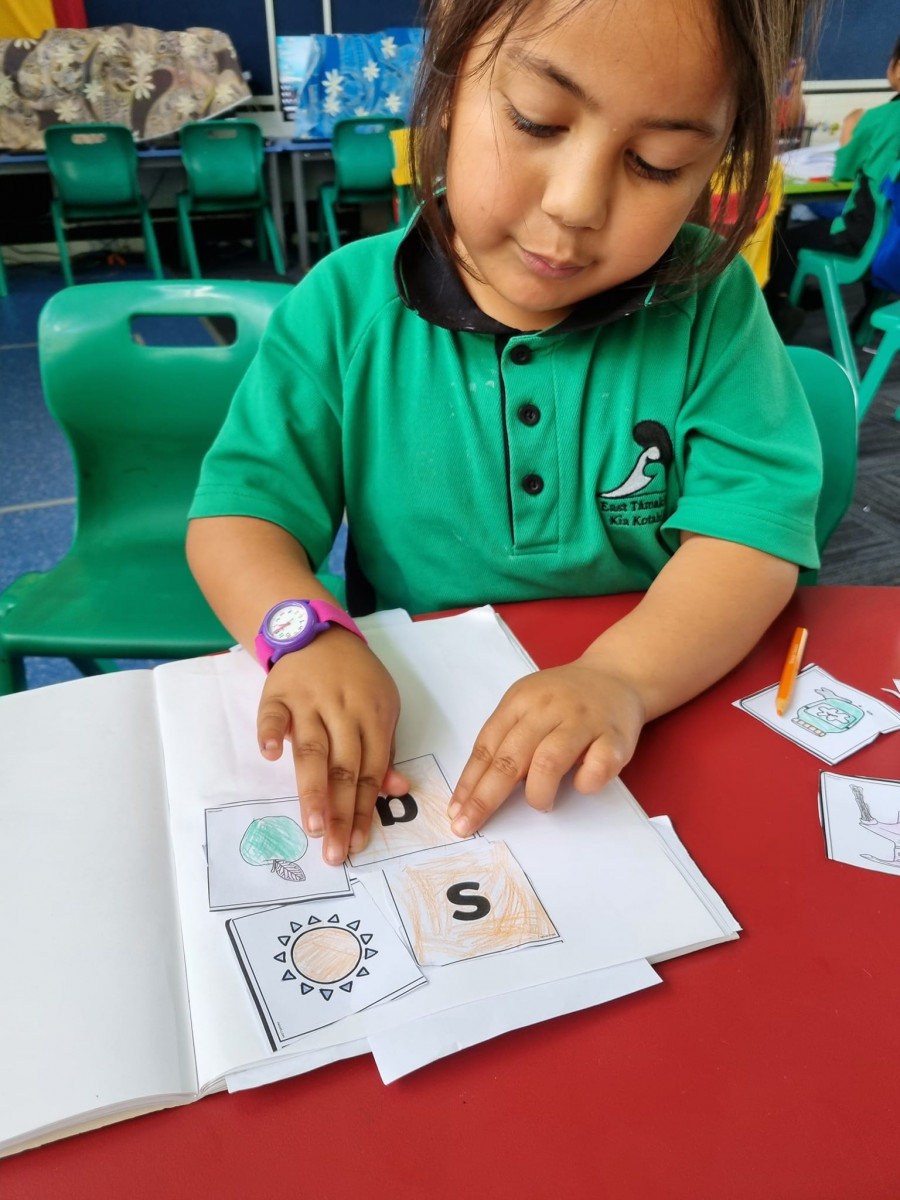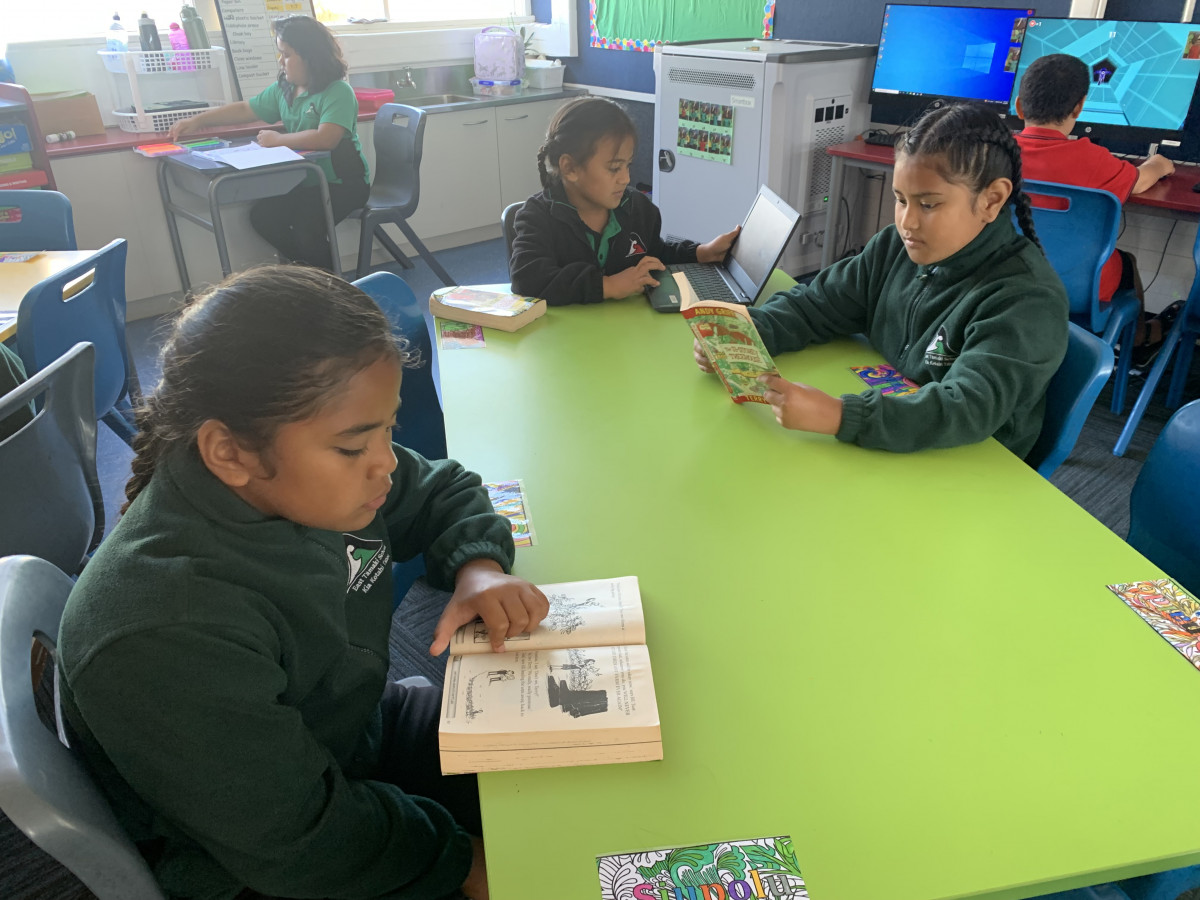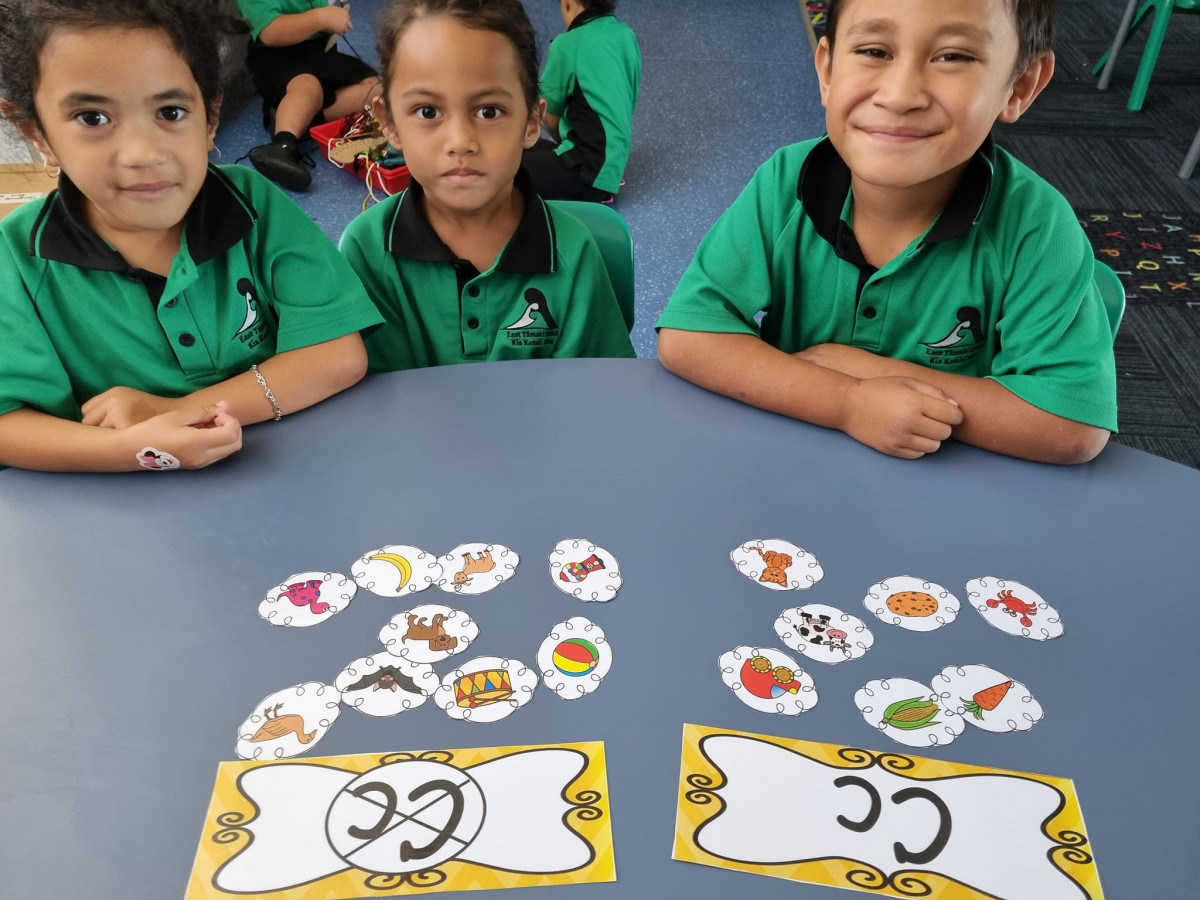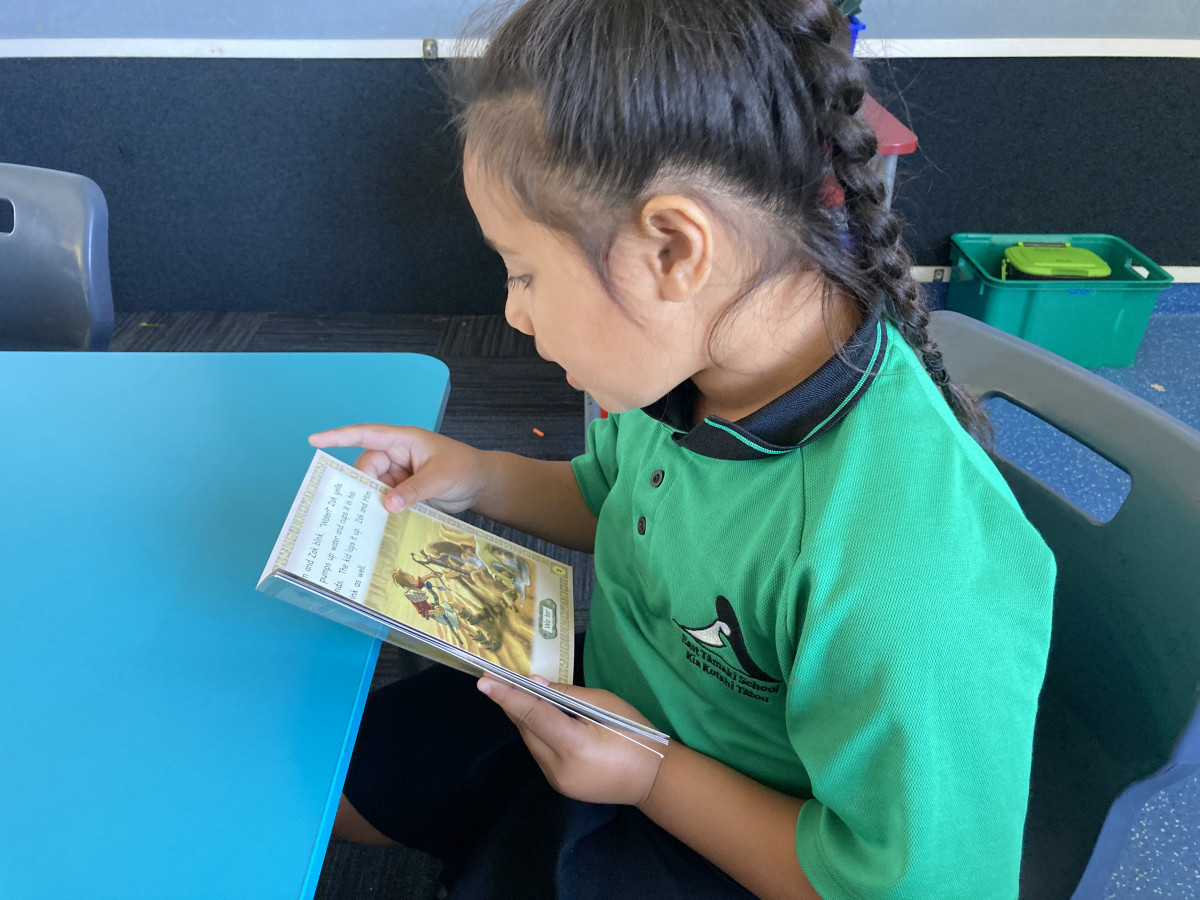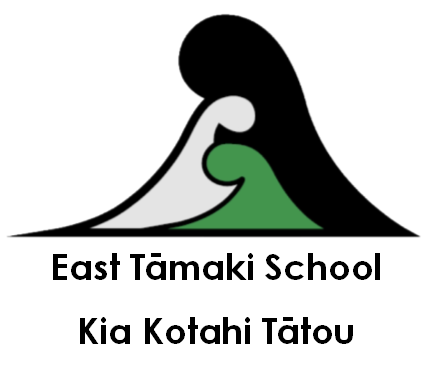Literacy at East Tāmaki School
Literacy is one of the main focus areas at East Tāmaki School. The teaching of pānui and tuhituhi is given high priority, as this impacts every area of learning, as well as being able to function in the world. High achievement expectations are constantly revised in order to best meet our learners’ needs and support them in their learning. Action plans and goals are developed with ngā ākonga in order to help them achieve the goals they set for themselves. Ākonga agency and voice are valued and, with the help of their kaiako, they identify goals in order to reach the curriculum expectations in the New Zealand Curriculu. Pānui and tuhituhi are assessed regularly and kaiako use up to date information to direct their planning and teaching. Lessons are planned to cater to individual needs, giving support and extension through differentiated grouping and personalised programmes. In tuhituhi we focus on many different genres such as recounts, narratives, descriptive and persuasive writing. We are very well resourced and have chrome books in the Senior rōpū and a mix of desktops, chrome books and iPads in the Junior rōpū to support our literacy learning as well. Both the Junior rōpū and Senior rōpū follow the Structured Literacy approach.
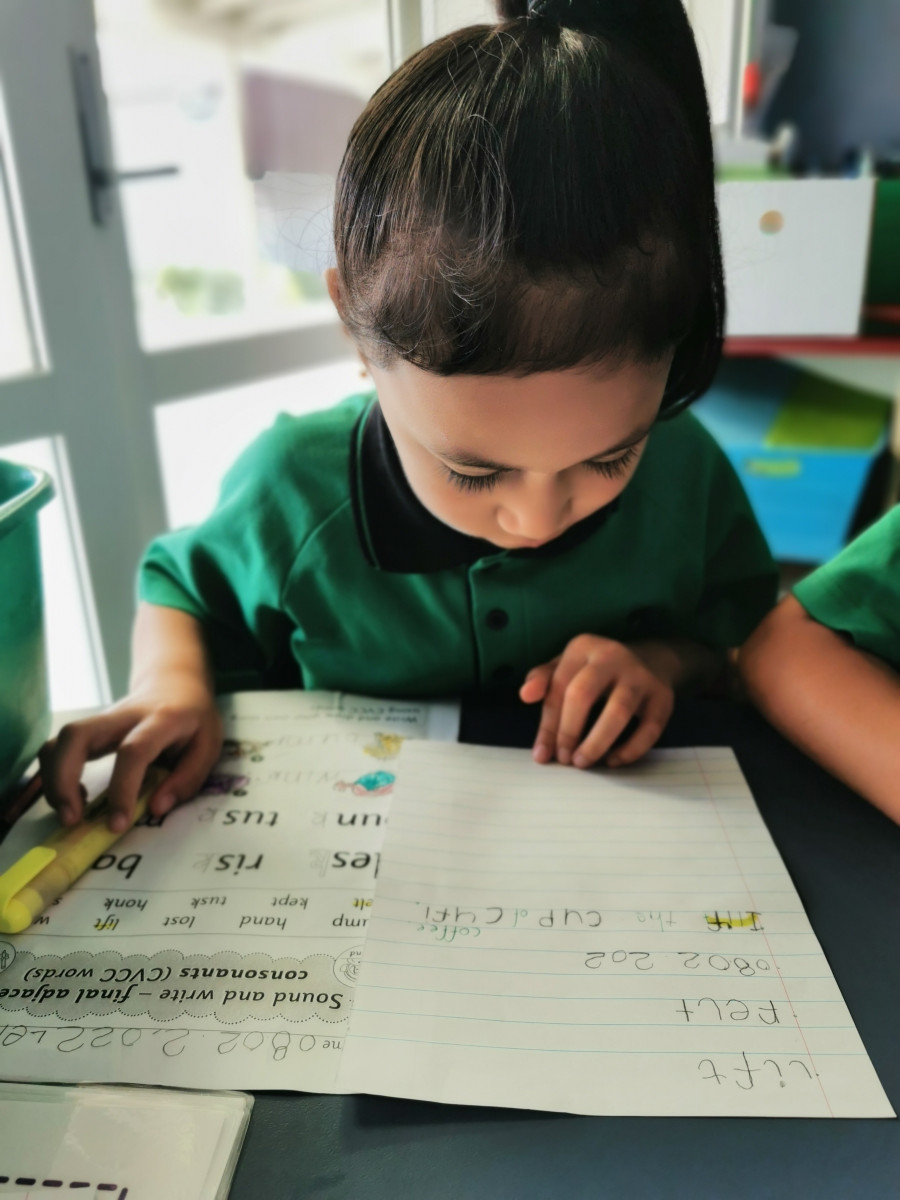
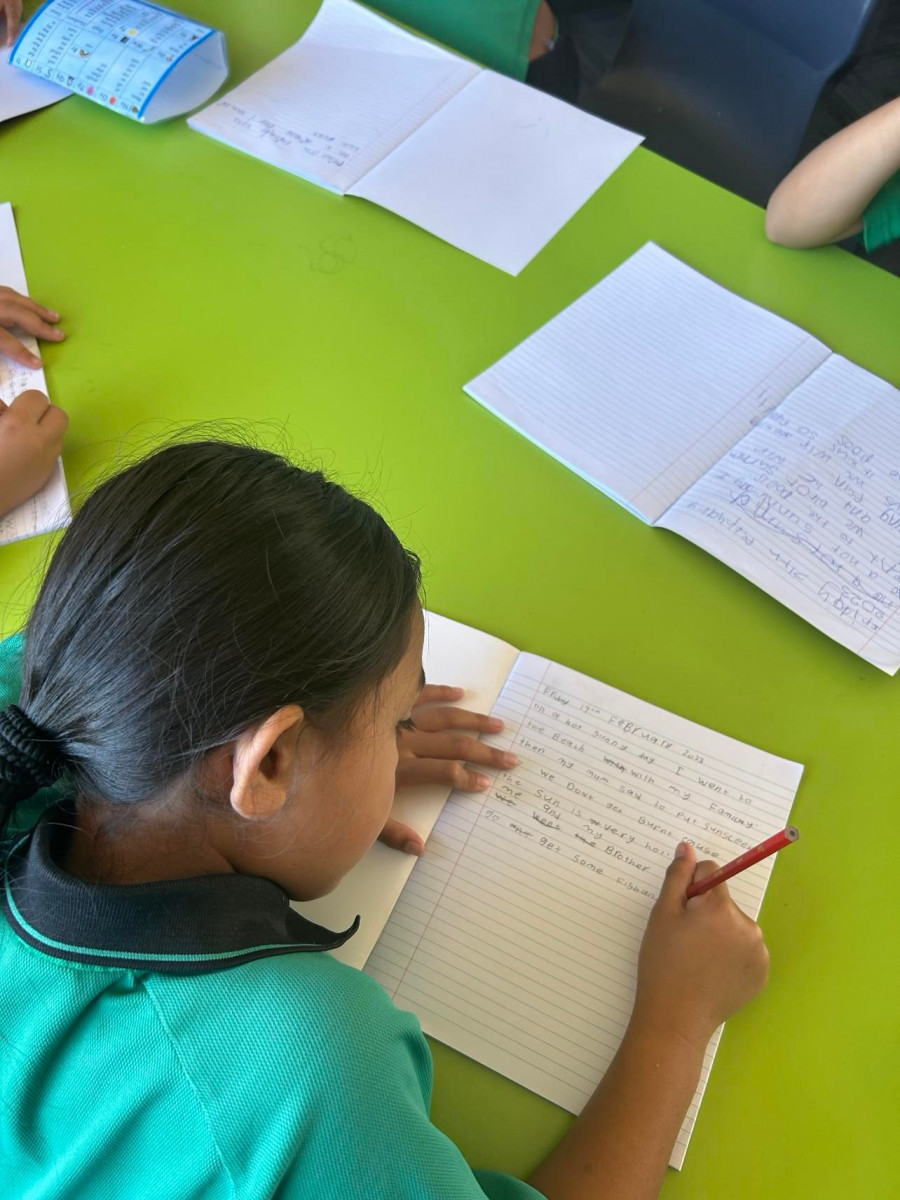

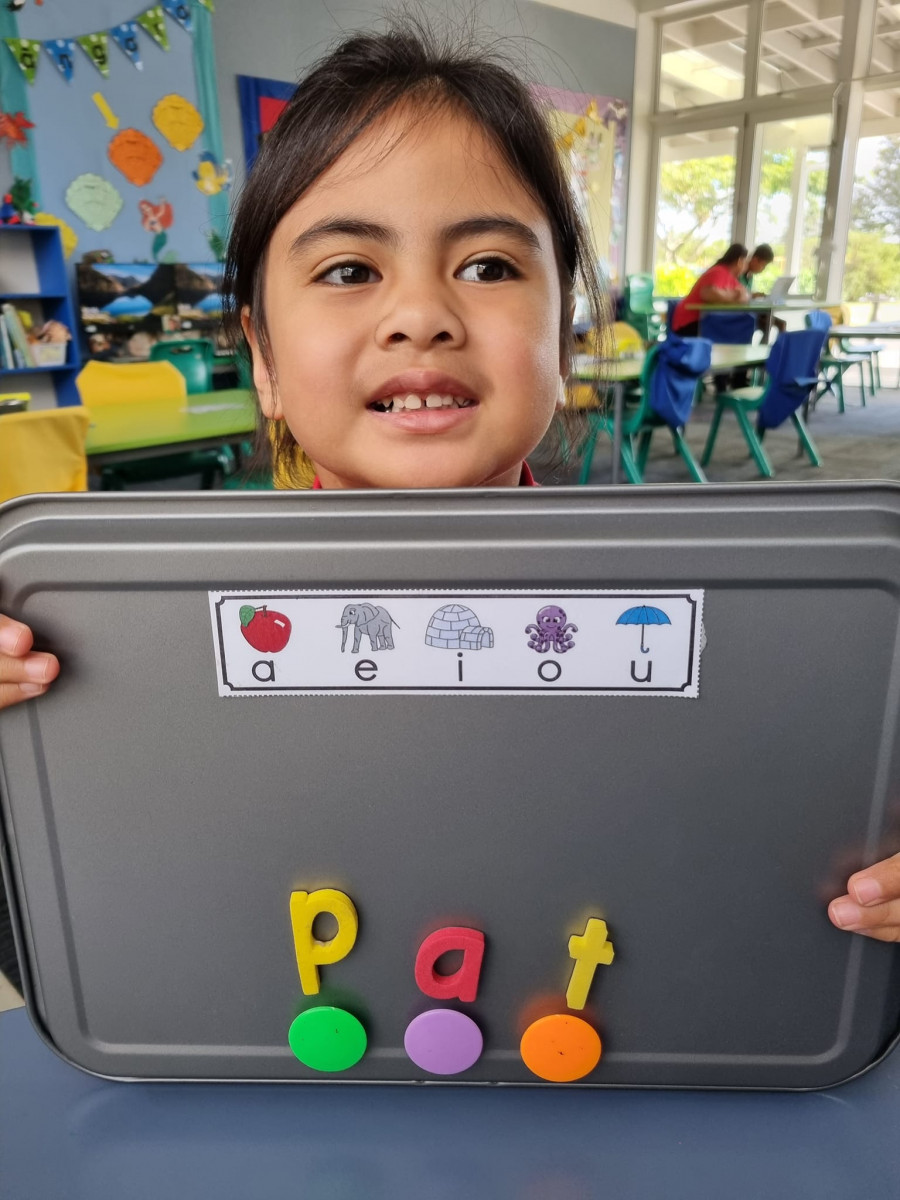
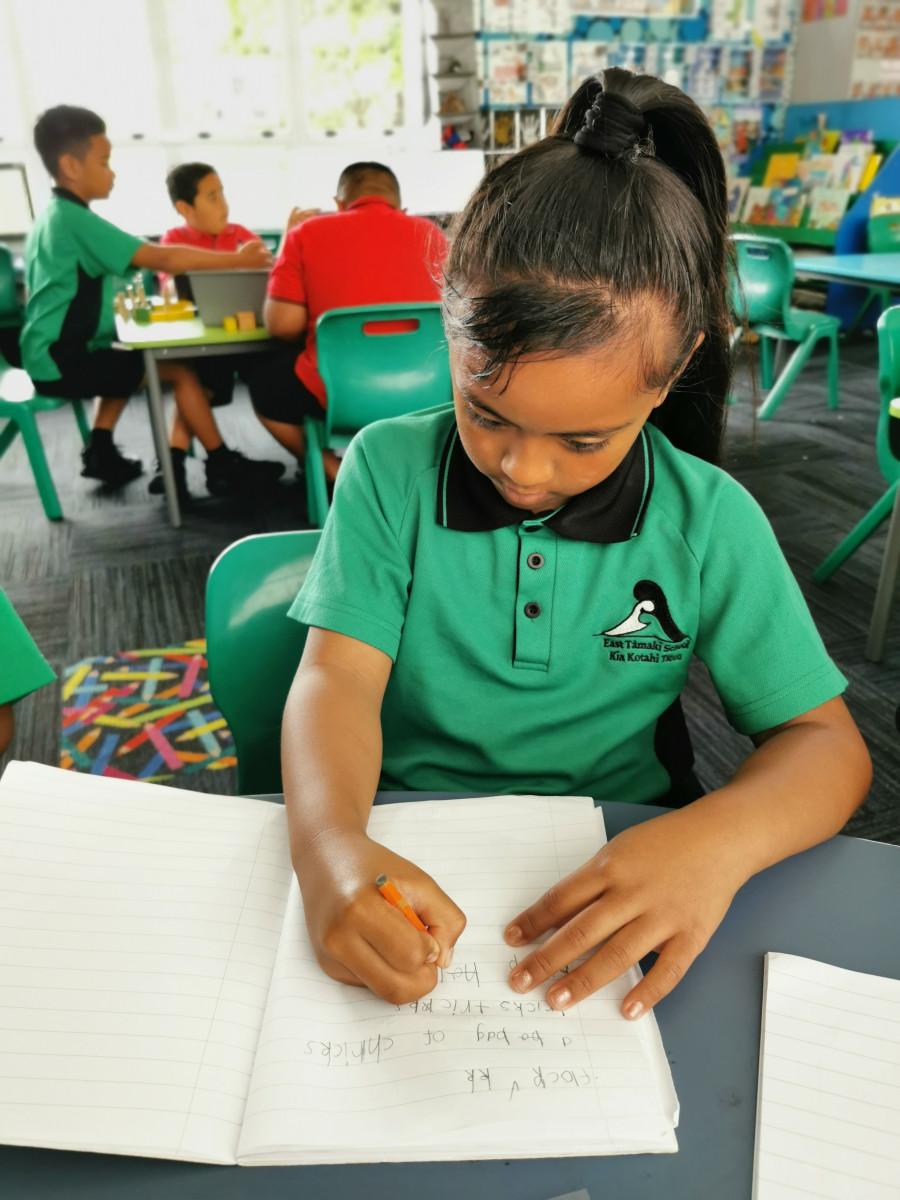
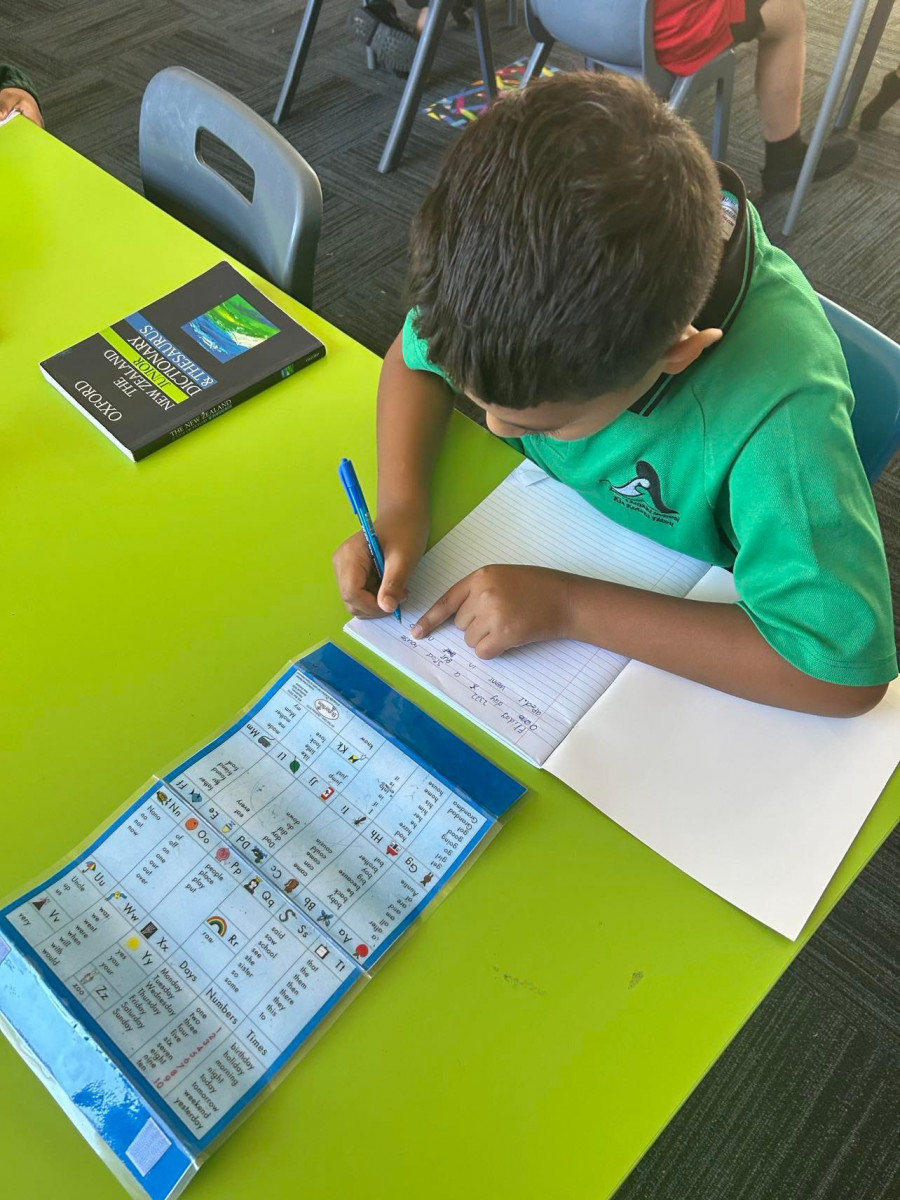
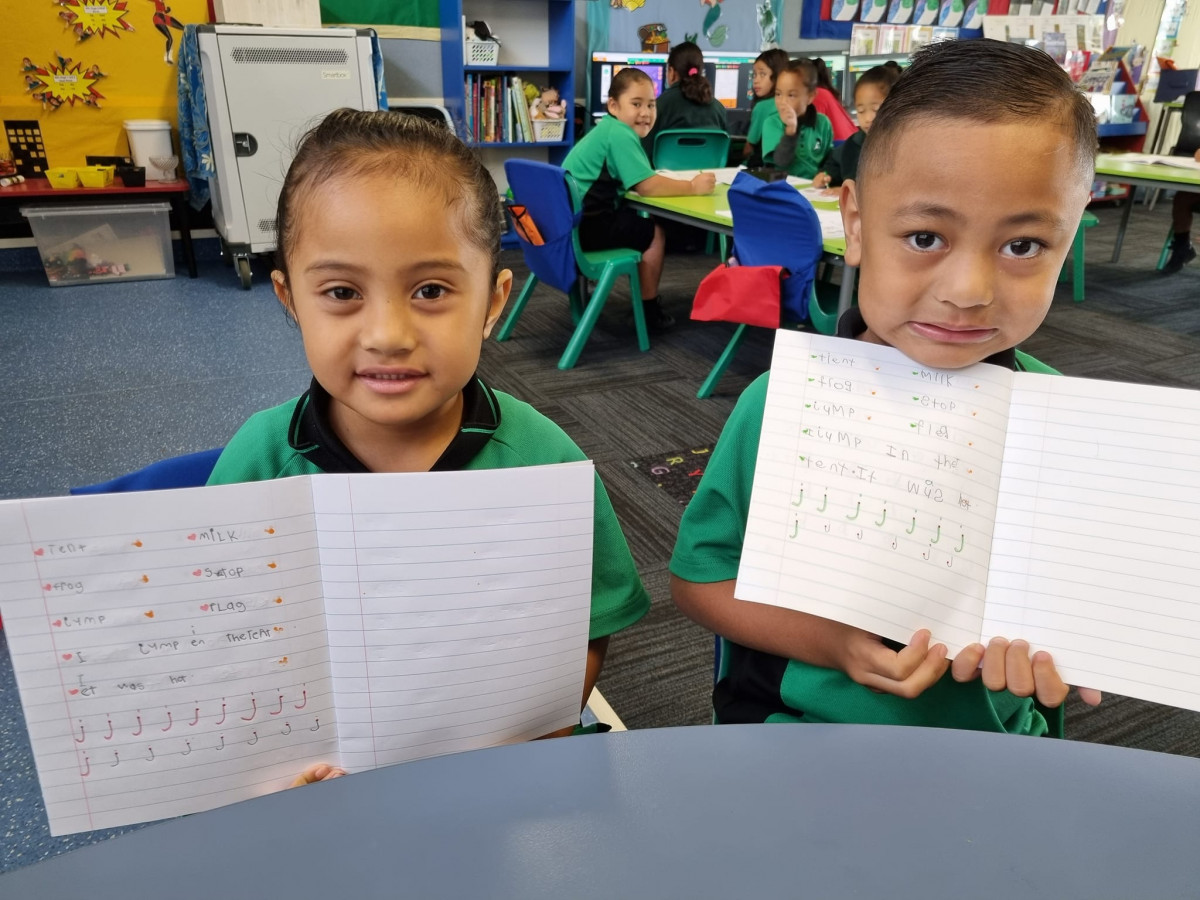
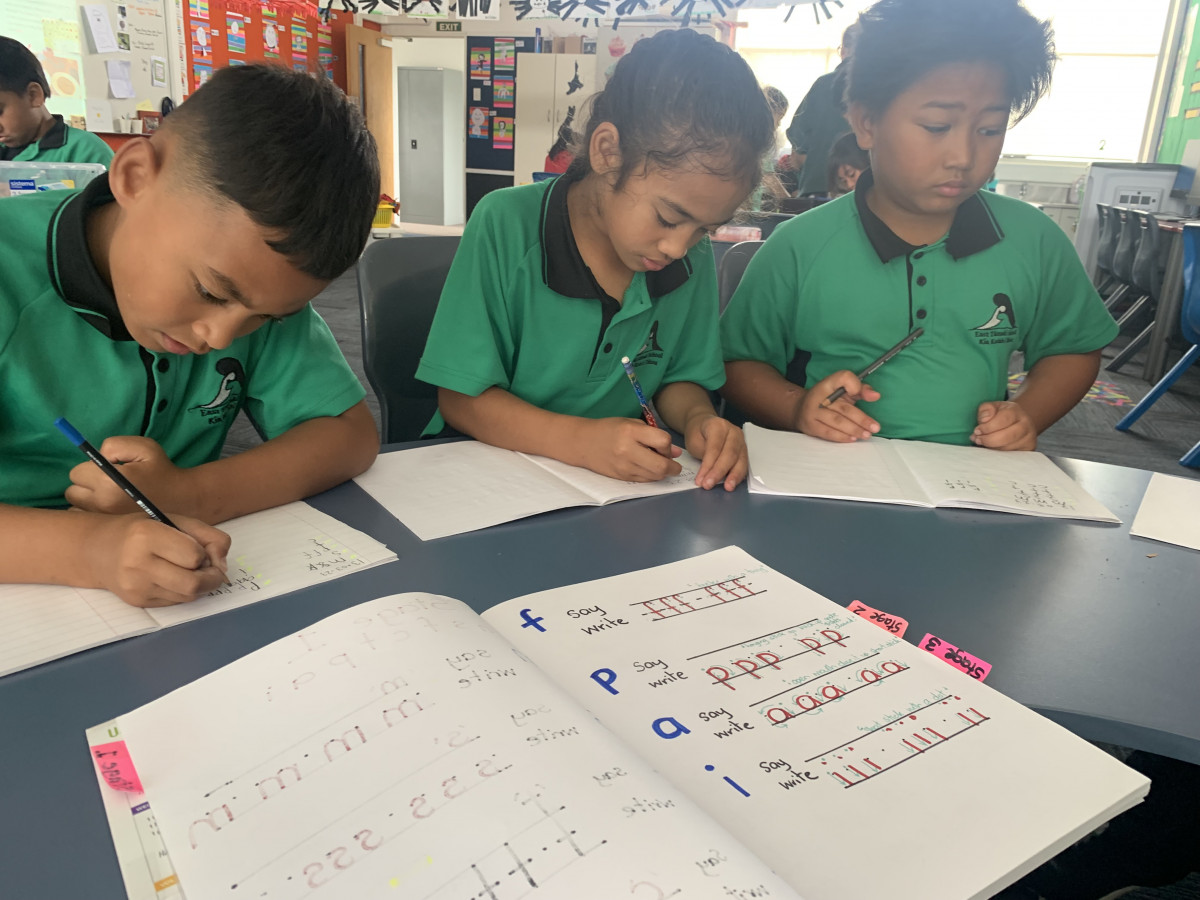
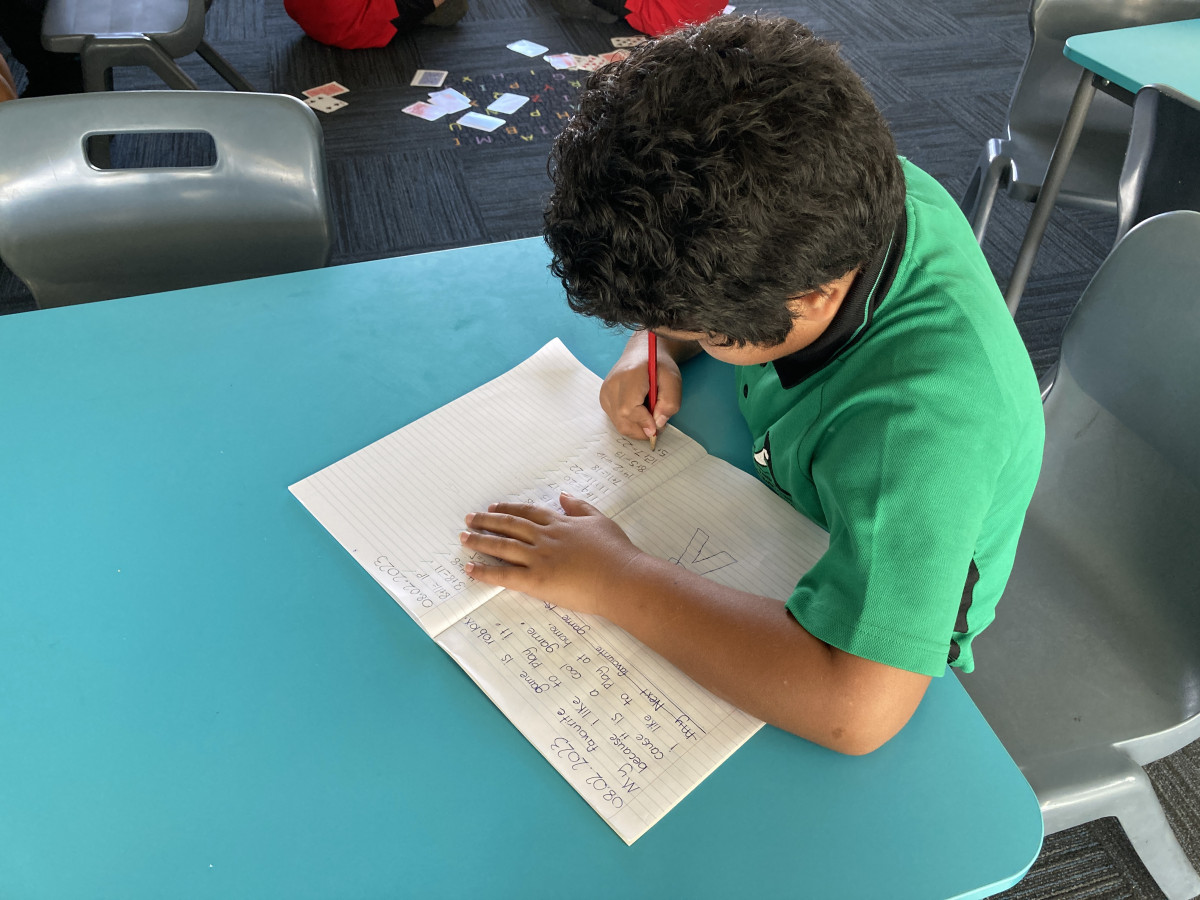
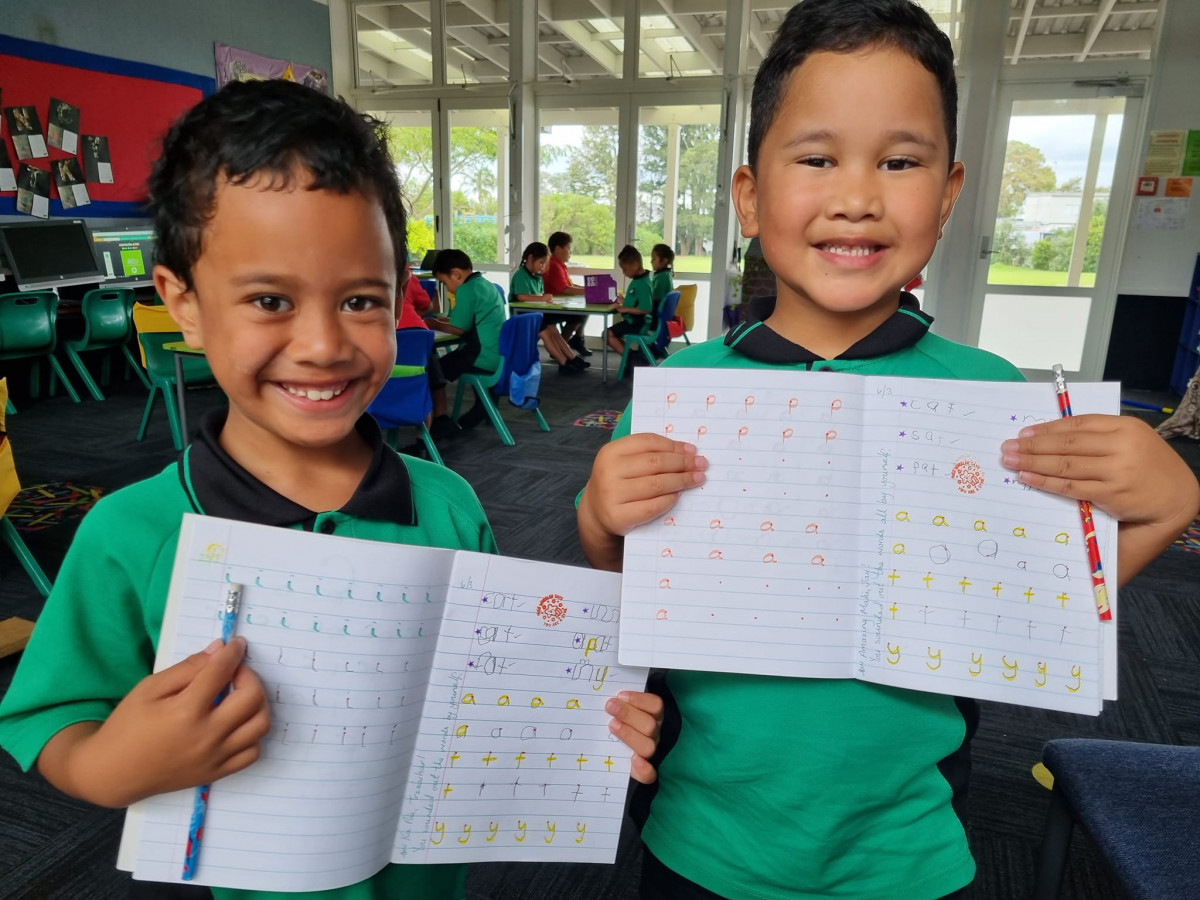
Structured Literacy
The Junior rōpū at East Tāmaki School started their Structured Literacy journey for teaching and learning pānui and tuhituhi in 2021. This approach was then rolled our school-wide in 2022. Ākonga learn to read and write using research based on the Science of Reading. This is a structured approach to learning, where knowledge and skills are built upon to ensure success for every child in literacy. The Science of Reading is a highly explicit and systematic way of teaching all important components of literacy. These components include both foundational skills, such as decoding, spelling, handwriting and letter formation and higher-level literacy skills such as reading comprehension, written expression.
We have invested in the Little Learners Love Literacy (LLLL) decodable texts and resources, and The Ministry of Education’s new Ready to Read Phonics Plus readers will be used in the scope and sequence that we have adopted from the LLLL programme.
All the kaiako at East Tāmaki School have completed professional learning and development with Dr Christine Braid of Massey University to learn about the 44 sounds and over 170+ spelling patterns. The junior team kaiako have also received professional learning and development with Liz Kane.
